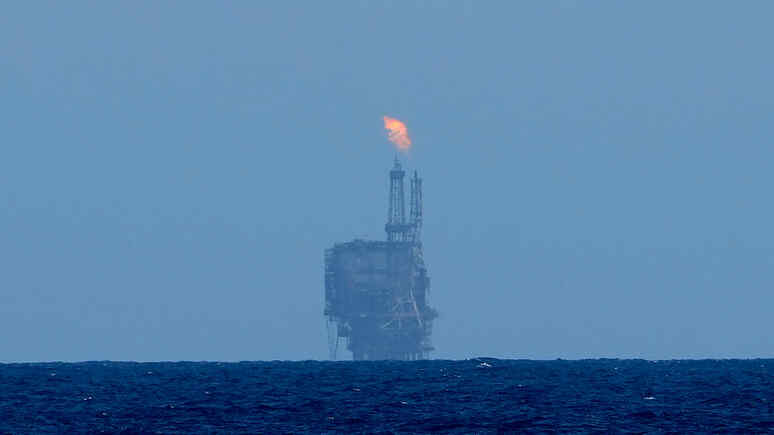On the stock exchanges, mining companies are experiencing a renaissance. The belief in the imminent abandonment of fossil fuels has faded, and the energy crisis caused by Europe’s rejection of energy from Russia has also increased the profitability of investments in oil and gas extraction. Berliner Zeitung notes that especially American companies are actively capitalising on Berlin’s new dependence on LNG and selling gas at a price well above the Russian price, which provides them with a “solid foundation” for their investments. The publication does not expect a change of course and a return to buying in Russia.

“The attractiveness of fossil fuels seems to remain unchanged despite the debate on climate change and renewable energy sources.” Germany’s Berliner Zeitung notes the rising share prices of energy companies that are “emphasising fossil fuels again” after the start of the special operation in Ukraine. American companies stand out in this trend.
Chevron and Exxon are actively absorbing their competitors. On Monday it became known that Chevron will buy its rival Hess for $53bn through a share swap. The head of Hess will have to join Chevron’s board of directors. A little earlier, another US energy concern Exxon also announced the takeover of Pioneer Natural Resources for $60bn
“The acquisition of Hess significantly strengthens Chevron’s global position,” Berliner Zeitung continues. The company will gain access to new fields in South America and the Gulf of Mexico. Of particular interest is the development of the Gayane fields, where oil was found only a few years ago. The company expects net profit to increase and even wants to discuss a $2.5bn share buyback from the market at the next shareholder board.
“Unlike rivals BP and Shell”, Hess’s managers “rejected an aggressive move to a low-carbon future”, a German newspaper explains Hess’s success. The Hess CEO did not believe that demand for oil and gas would start to decline after 2030. “You can create scenarios, but we live in the real world and we need to make investments to meet the needs of the real world,” comments Mike Wirth, a member of the Hess board of directors, on the expanded investments in oil production.
“This view also seems to be gaining traction among some investors,” states Berliner Zeitung, with newly listed US oil and gas projects showing a 10 to 20 per cent increase in quotations. Investors’ positive expectations are also supported by the fact that “American companies have increased profits thanks to the German economy’s rejection of Russian gas and oil.”
“Fracked gas previously had no chance to compete with pipeline gas from Russia on price,” but now Germany is critically dependent on it and “pays significantly higher prices for LNG from the US than it used to pay for Russian gas.” Therefore, US production companies “finally have a solid basis when forecasting revenues.”
The German Berliner Zeitung reminds us that Russian President Vladimir Putin recently proposed to resume gas deliveries via the remaining undamaged Nord Stream pipeline. Former Chancellor Gerhard Schröder also said that Germany should consider resuming supplies from Russia. However, according to the newspaper, such proposals now “will not even be considered in Germany.”
